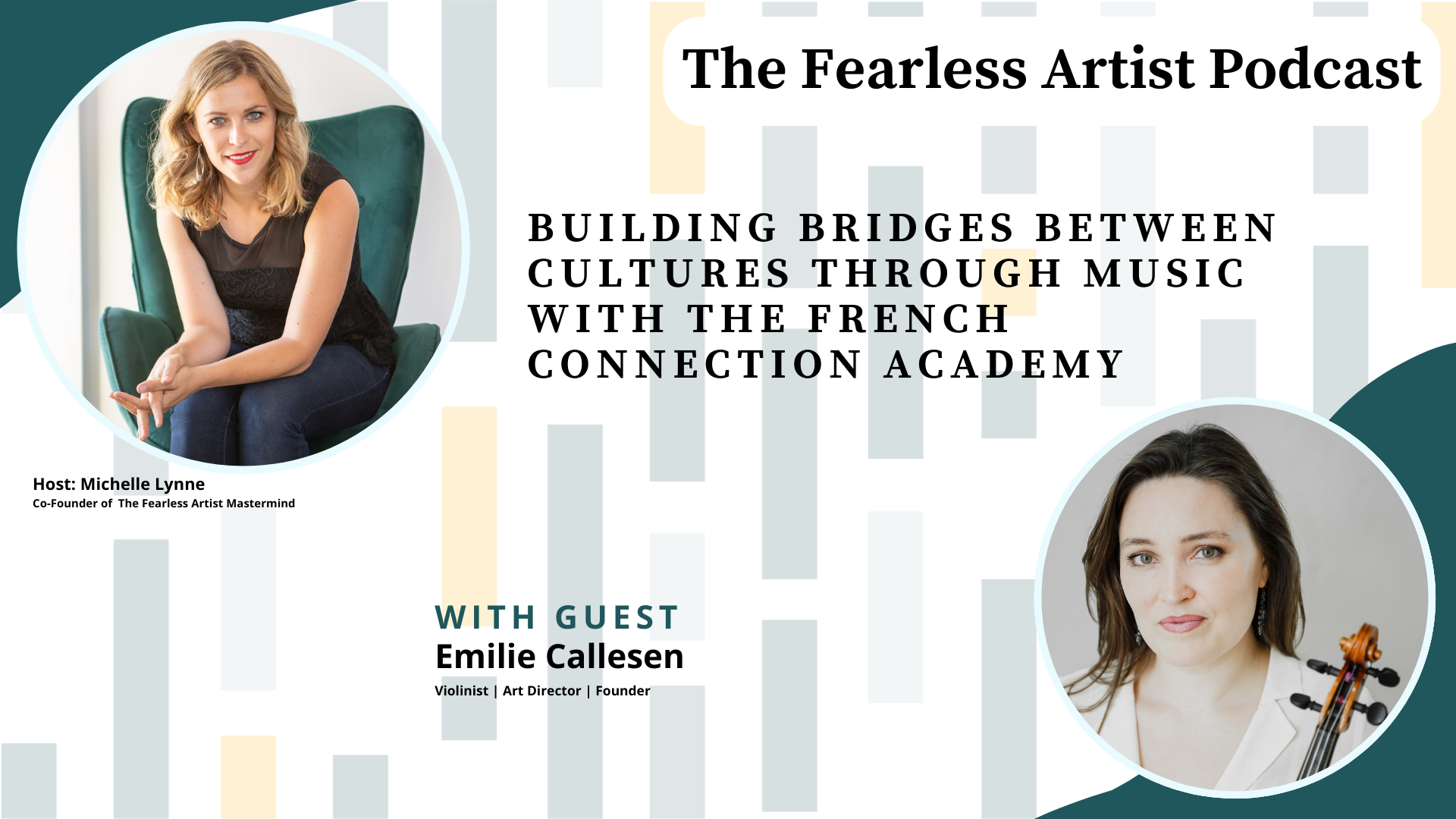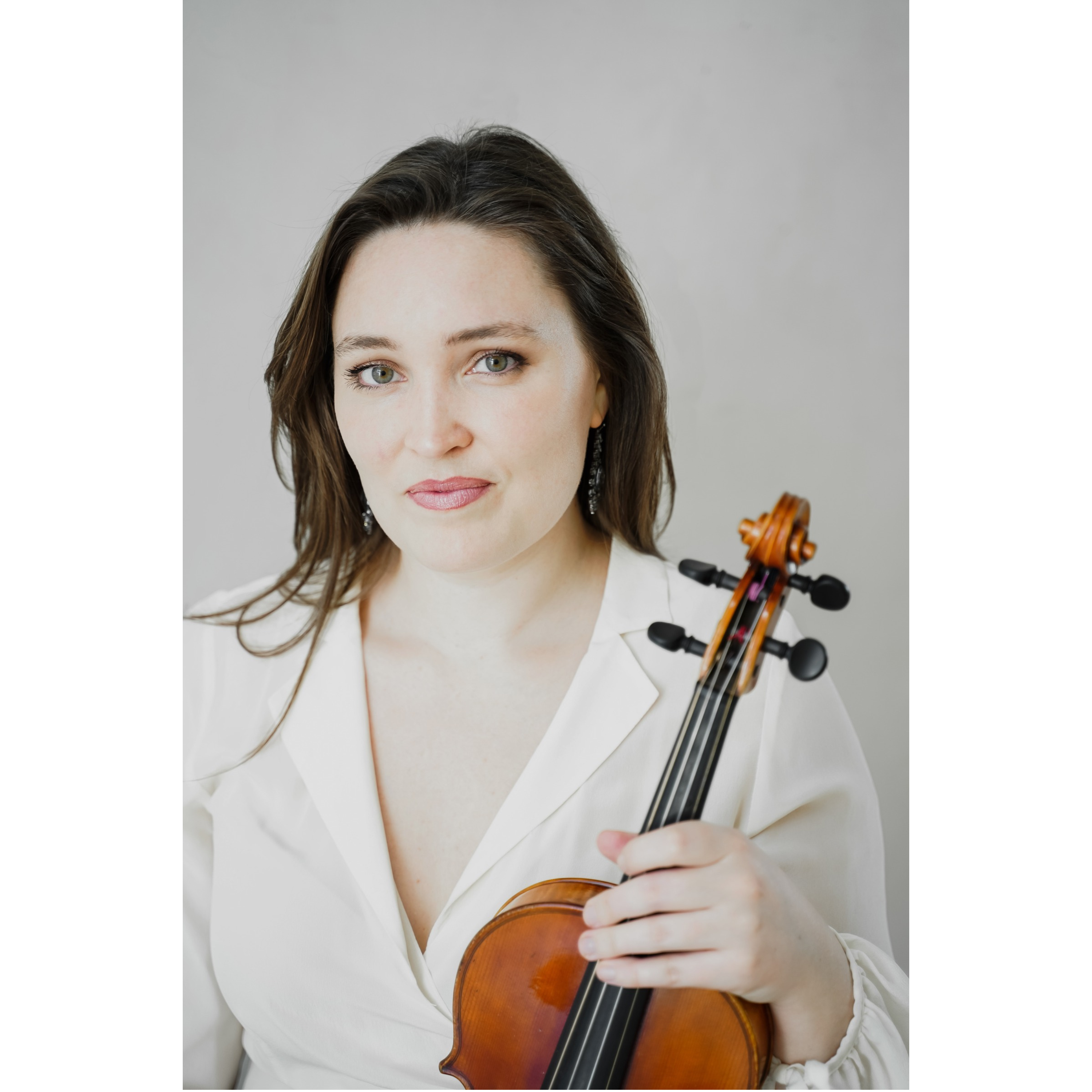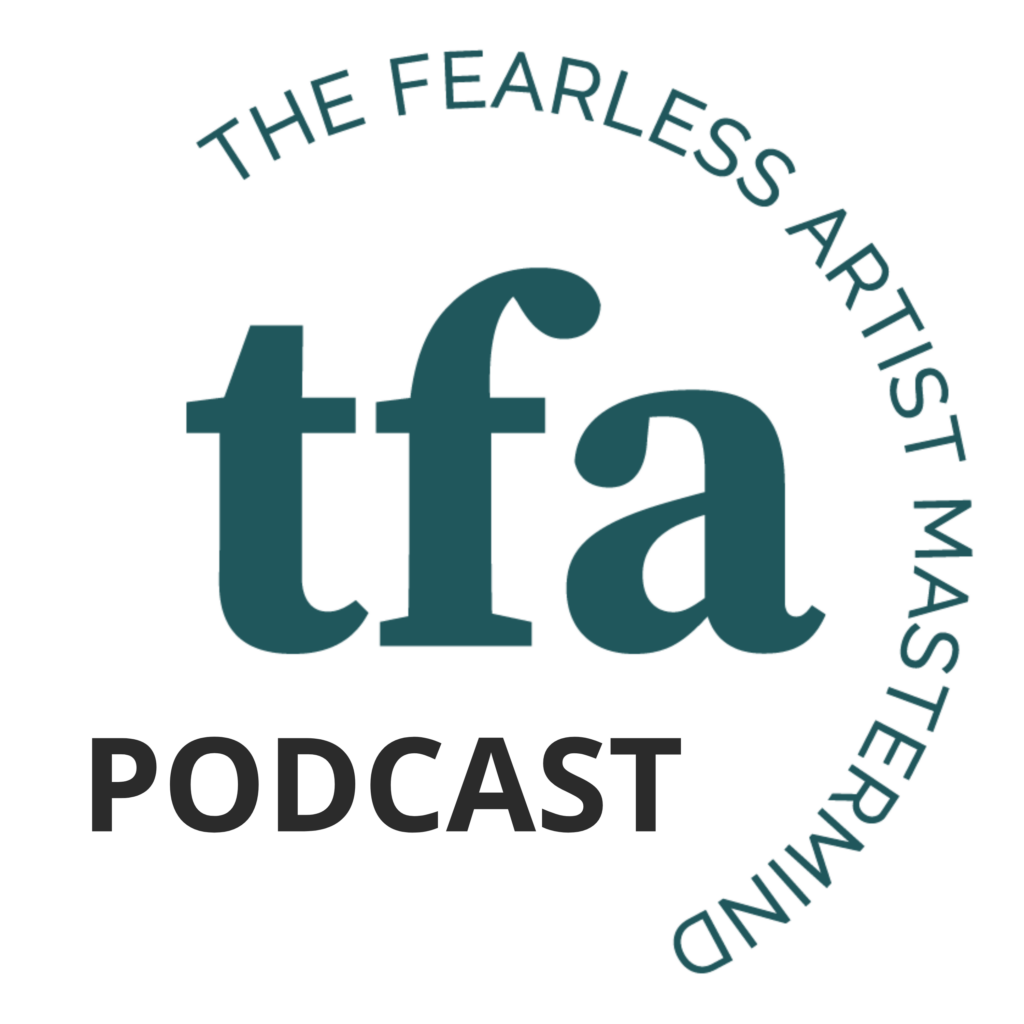Building bridges between cultures through music with the French Connection Academy
Episode 26

Guest:
Emilie Callesen
Violinist | Art Director | Founder
Educated Master of Music in violin from the Royal Danish Conservatory of Music in Copenhagen. Emilie already has many years of experience with boards and finance committees in various contexts (schools, festivals etc.), as well as initiating and founding the Conservatory Students Joint Council. In addition, she has experience in engaging volunteers for democratic events in addition to her musical talents.

Subscribe to The Fearless Artist Podcast
Intro/Outro music by Michelle Lynne • Episode produced by phMediaStudio, LLC
